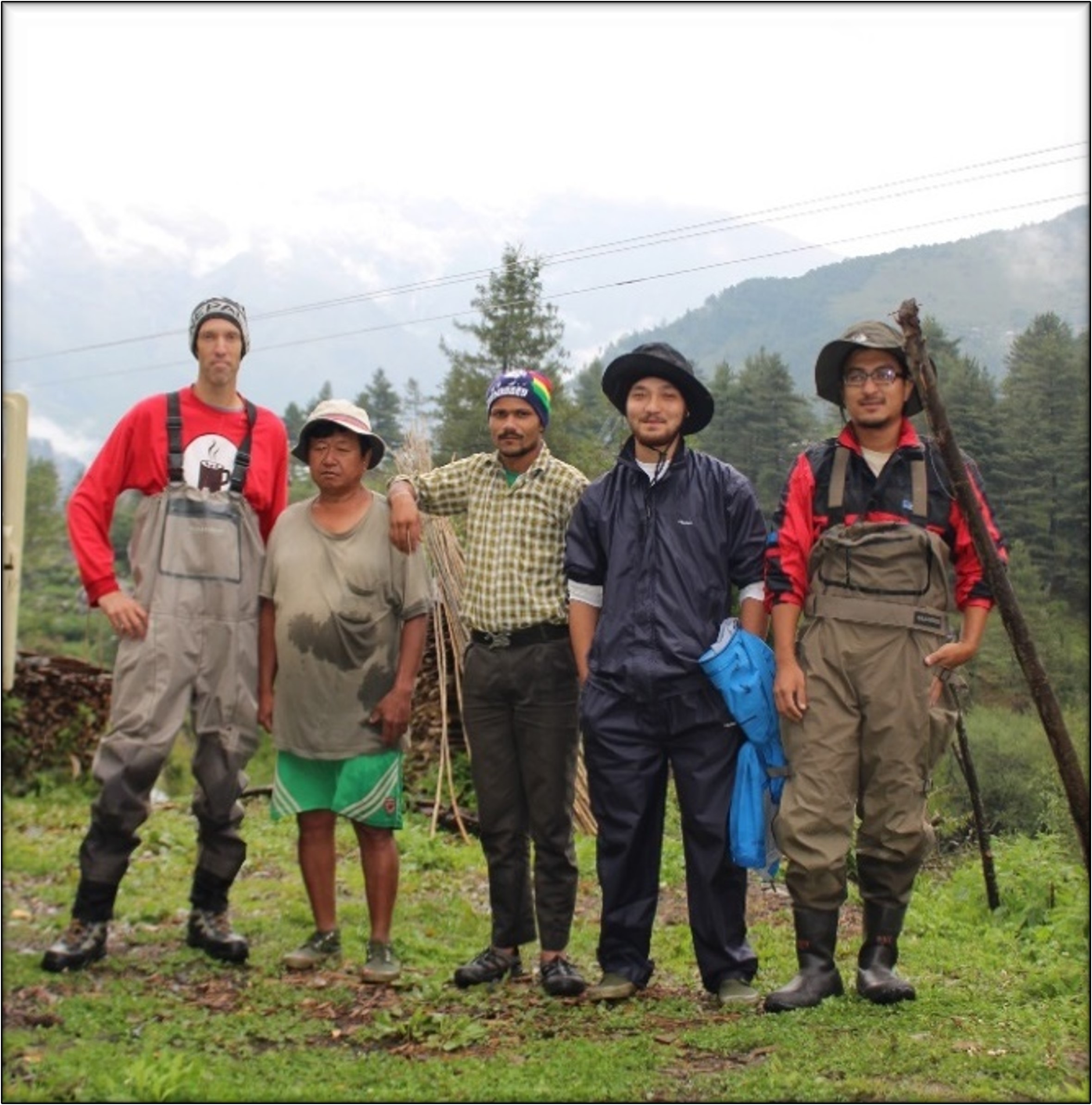Project Information
- Category: Undergraduate Thesis
- Project date:2018
Project Description
Macroinvertebrates Diversity along Altitudinal Gradient in Kali Gandaki River
Abstract:River ecosystems are considered as one of the most endangered ecosystems in
the world as they are increasingly threatened by synergic effects of local and regional stressors.
Rivers in Nepal are also affected by a number of natural as well as anthropogenic stressors like climate
change, over exploitation, flow modification and water pollution. Rivers harbour diverse aquatic
communities and play crucial role in maintaining ecological balance. Among diverse aquatic biota, the
assemblages and distribution of macroinvertebrates are ecologically and economically very important. The
objective of the study was to generate a baseline data of macroinvertebrates diversity at different
elevations along the Kali Gandaki River. A total of twenty two sampling sites were chosen with altitude
ranging from the lowest 185 m (Narayani River) to highest 2,770 m (Kagbeni) on the basis of different
ecoregions: Trans-Himalaya, Mountains, Hills and Lowlands. Selected physico-chemical parameters were
measured using Hach test kit (Model AL-36B). Semi-quantitative sampling of macroinvertebrates was done
using D-net in pools and riffles. Chi Squared Test of Independence was performed to see significant
variation of the benthic faunal assemblages along the elevational gradient. NEPBIOS was applied to
estimate the water quality class of the investigated sites. The macroinvertebrate
assemblages were found to be varied at different elevations along the Kali Gandaki River attributed by
the changes in physico-chemical parameters, sediment substrate and vegetation as well.




